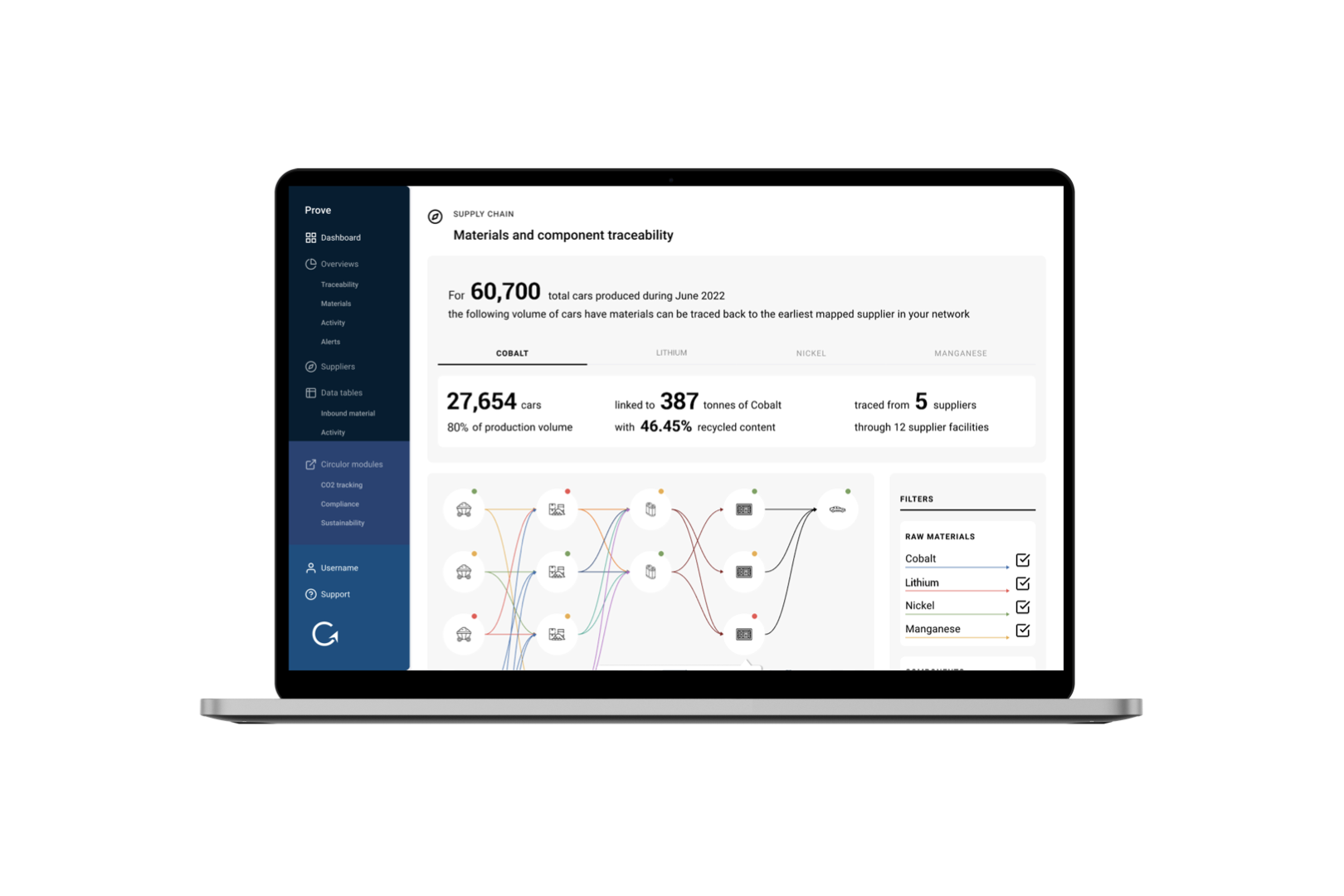
08.11.2023
Commentary
Why is third-party neutrality so important when establishing supply chain transparency
Supply chain transparency was a little-known concept just a few years ago, but it has quickly become a critically important solution for businesses looking to promote sustainability, reduce their environmental impact, and meet regulatory requirements. It's also an essential aspect of responding to consumer demand for ethical and responsible sourcing. However, achieving these goals while maintaining the trust of all stakeholders, including suppliers, can be challenging. This is where the importance of third-party neutrality comes into play.
So, why exactly is third-party neutrality so important in supply chain transparency? Third-party companies and organizations that are independent and neutral can provide unbiased analysis of supply chains. They are not influenced by the interests of any specific stakeholders within the supply chain, such as suppliers or buyers. Instead, they gather the data that is needed as has been mutually agreed to by the supply chain participants. This objectivity ensures that the information provided is reliable and accurate—for example, proving that sustainability initiatives are not merely greenwashing but are rooted in genuine efforts to make supply chains more environmentally and socially responsible.
Independence and objectivity
When a third-party organization with a reputation for integrity endorses the traceability of a supply chain, it enhances credibility and builds trust among various stakeholders. This is especially important in industries where there may be concerns about ethical practices, environmental impact, or social responsibility – such as mining. In addition, an impartial third party that gathers data digitally and securely through industrial IoT applications removes room for human error and manipulation, helping to alleviate doubt, and provide higher degrees of assurance to consumers, investors, and regulators.
Third-party companies and organizations often have and deploy established standards and guidelines which can be consistently applied across different supply chains and companies, allowing for meaningful comparisons and benchmarking. This standardization helps create a level playing field and promotes best practices.
Standardization and consistency
Supply chains can be complex and involve multiple parties, each with their own interests. Without third-party neutrality, there is a much higher risk that conflicts of interest arise. For example, a supplier may be tempted to provide misleading or incomplete information to protect their reputation or avoid negative consequences. By involving a neutral third party, these conflicts of interest are minimized, and the focus remains on accurate and transparent traceability.
Avoiding conflicts of interest
Many industries are subject to strict regulations related to product safety, quality, and sustainability. To ensure compliance with these increasingly complex regulations, a third-party company can provide unbiased assessments and granular, auditable supply chain data, helping companies avoid legal penalties, reputational damage, and loss of consumer trust, while proving their commitment to responsible sourcing and sustainable practices.
These global regulations, growing in number and complexity, require supply chain transparency to prove compliance. For example, the recently enacted EU Battery Regulation and the U.S. Inflation Reduction Act’s Clean Vehicle Credit require verifiable proof of material provenance and the production journey, along with, in some cases, inherited CO₂-e emissions, proof of compliant sourcing, recycled content quotas, and collection targets as batteries reach end-of-life. The EU Battery Regulation also requires Economic Operators to establish and operate a system of control and transparency including a chain of custody or traceability system, by August 2025, for cobalt, natural graphite, lithium, nickel supply chains.
While this is certainly a challenge, without international regulations and standards for responsible sourcing in place, there’s a danger of letting companies “mark their own homework”, as some critics have aptly put it, and do further damage to consumer trust in companies and the products they purchase.
Third-party neutrality is indispensable in ensuring the fundamental principles of supply chain transparency—trust, credibility, and accountability—are upheld. It provides the foundation for a trustworthy and responsible supply chain. Collaborating with an experienced third-party company like Circulor can be an efficient way to establish truly transparent and ethical supply chains, meet sustainability goals and regulatory requirements, while safeguarding integrity. Circulor already works at scale with numerous OEMs in their EV battery supply chains, including Volvo Cars, Polestar, Volkswagen, Daimler, and BMW – and the list is only growing.
If you're interested in embarking on a journey towards supply chain transparency and need a reliable third-party, don't hesitate to get in touch with Circulor today.






![Acculon RA Circulor - website image.001[44].png](/_next/image?url=https%3A%2F%2Fdecisive-wonder-fa24533282.media.strapiapp.com%2FAcculon_RA_Circulor_website_image_001_44_2720fb315d.png&w=1920&q=75)



